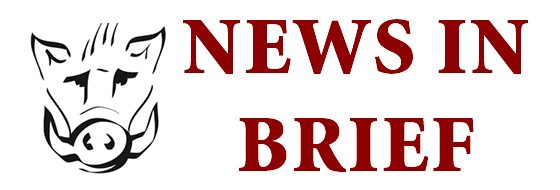News in Brief – January 28
[dropcap]A[/dropcap] petition of no confidence in Nigel Thrift has been submitted for consideration in the All Student Meeting coming up this term. The motion, submitted by students, notes Thrift’s pay increase of around six percent annually, and compares this with staff that have faced pay cuts of 13 percent over five successive years. Following the recent protests against the treatment of students at the sit-in last month, the motion also criticises Thrift and the University for not publicly condemning the police force’s brutality. The petition can be signed on the Students’ Union website.
[dropcap]W[/dropcap]arwick Business School has joined forces with the Design Council and Which? in order to help consumer experiences. With the aim of helping people to save money by getting the best deals, the Design for Real Consumers partnership brings together these three organisations in a programme of development and research. The scheme will look to tackle personal finance topics such as mortgage issues, as well as more general areas such as varying broadband speeds and the increasing bundling of products by telecoms companies.
[dropcap]T[/dropcap]he Independent Police Complaints Commission (IPCC) has launched an investigation into the police action during the protest on campus in December, in which CS gas was used on students. Deighton Pierce Glynn solicitor Lochlinn Parker, who is representing the students, said: “It is relatively rare for the IPCC to launch an independent investigation, when you consider that the overwhelming majority of complaints are investigated by the local police force. This step is encouraging and a recognition of the seriousness of the allegations.”
[dropcap]A[/dropcap] Warwick Business School (WBS) professor, Dr. Dawn Eubanks, has led new research which suggests that leaders in certain fields are being selected in part because their face fits the stereotype of their profession. The research showed that when participants were tasked with guessing which industry leaders worked in from their face alone, they could successfully categorise those who worked in business, sport and the military.

Comments